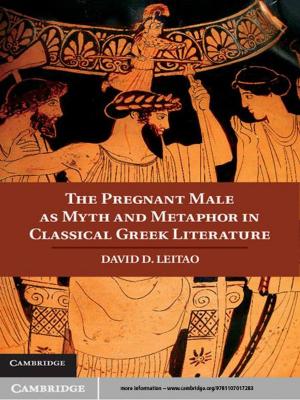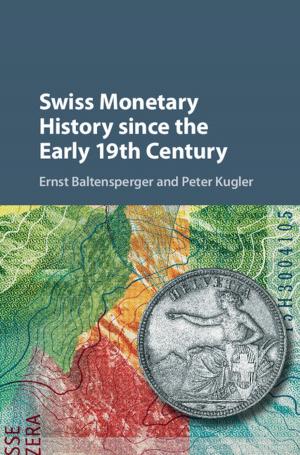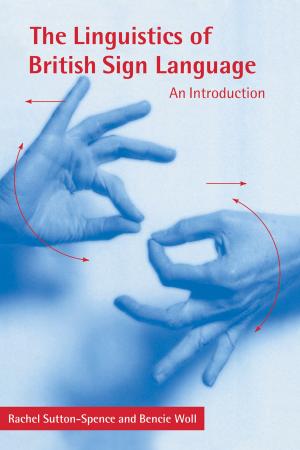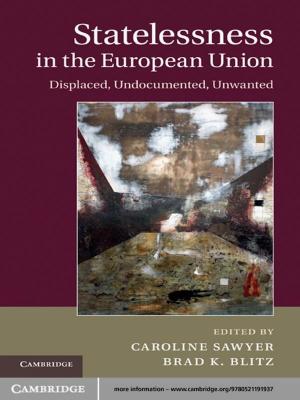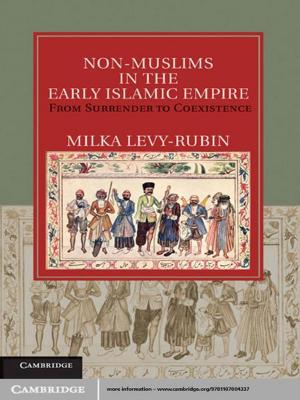Instrumentalists and Renaissance Culture, 1420–1600
Players of Function and Fantasy
Nonfiction, Art & Architecture, General Art, Entertainment, Music, History| Author: | Victor Coelho, Keith Polk | ISBN: | 9781316570791 |
| Publisher: | Cambridge University Press | Publication: | May 26, 2016 |
| Imprint: | Cambridge University Press | Language: | English |
| Author: | Victor Coelho, Keith Polk |
| ISBN: | 9781316570791 |
| Publisher: | Cambridge University Press |
| Publication: | May 26, 2016 |
| Imprint: | Cambridge University Press |
| Language: | English |
This innovative and multi-layered study of the music and culture of Renaissance instrumentalists spans the early institutionalization of instrumental music from c.1420 to the rise of the basso continuo and newer roles for instrumentalists around 1600. Employing a broad cultural narrative interwoven with detailed case studies, close readings of eighteen essential musical sources, and analysis of musical images, Victor Coelho and Keith Polk show that instrumental music formed a vital and dynamic element in the artistic landscape, from rote function to creative fantasy. Instrumentalists occupied a central role in courtly ceremonies and private social rituals during the Renaissance, and banquets, dances, processions, religious celebrations and weddings all required their participation, regardless of social class. Instrumental genres were highly diverse artistic creations, from polyphonic repertories revealing knowledge of notated styles, to improvisation and flexible practices. Understanding the contributions of instrumentalists is essential for any accurate assessment of Renaissance culture.
This innovative and multi-layered study of the music and culture of Renaissance instrumentalists spans the early institutionalization of instrumental music from c.1420 to the rise of the basso continuo and newer roles for instrumentalists around 1600. Employing a broad cultural narrative interwoven with detailed case studies, close readings of eighteen essential musical sources, and analysis of musical images, Victor Coelho and Keith Polk show that instrumental music formed a vital and dynamic element in the artistic landscape, from rote function to creative fantasy. Instrumentalists occupied a central role in courtly ceremonies and private social rituals during the Renaissance, and banquets, dances, processions, religious celebrations and weddings all required their participation, regardless of social class. Instrumental genres were highly diverse artistic creations, from polyphonic repertories revealing knowledge of notated styles, to improvisation and flexible practices. Understanding the contributions of instrumentalists is essential for any accurate assessment of Renaissance culture.








